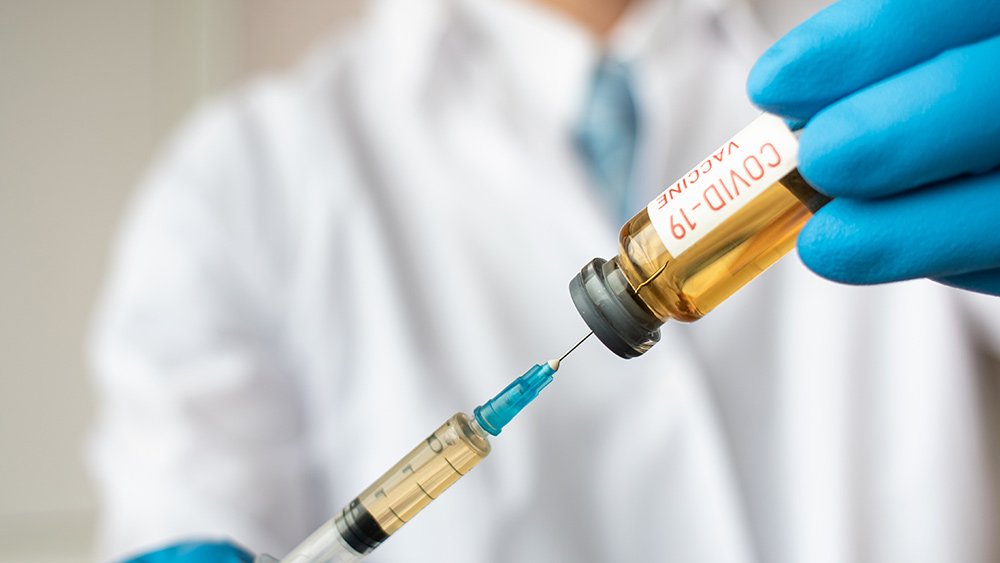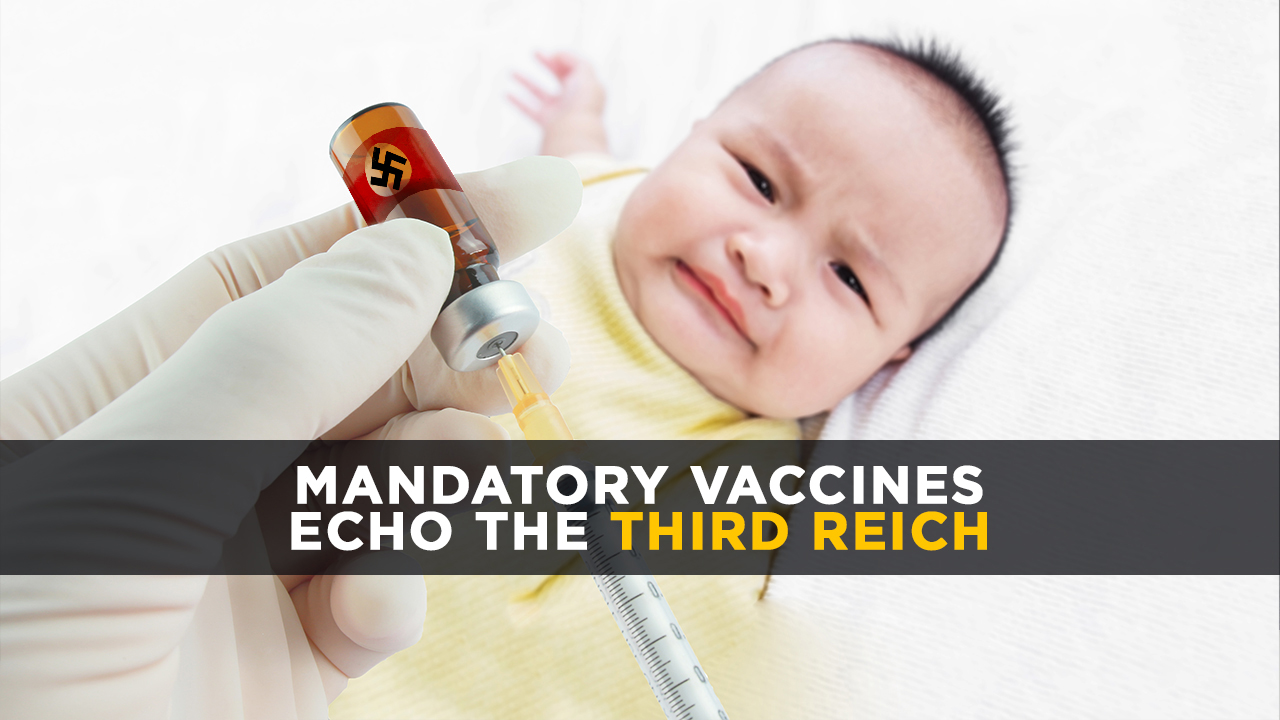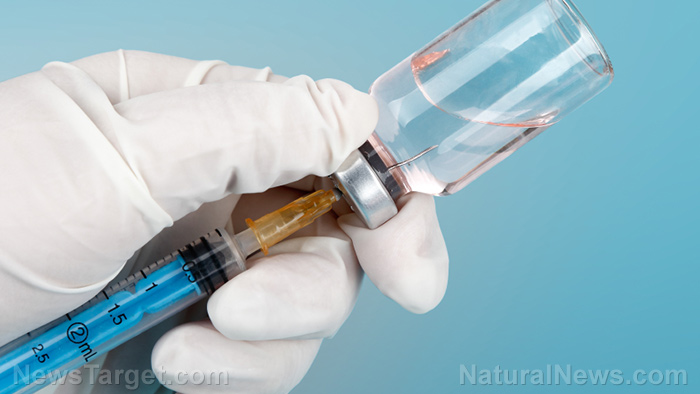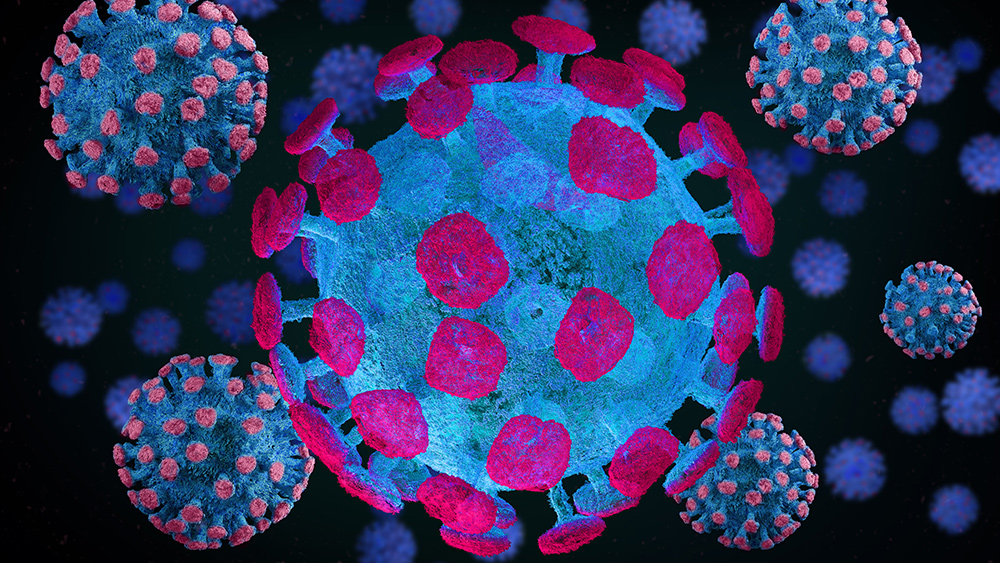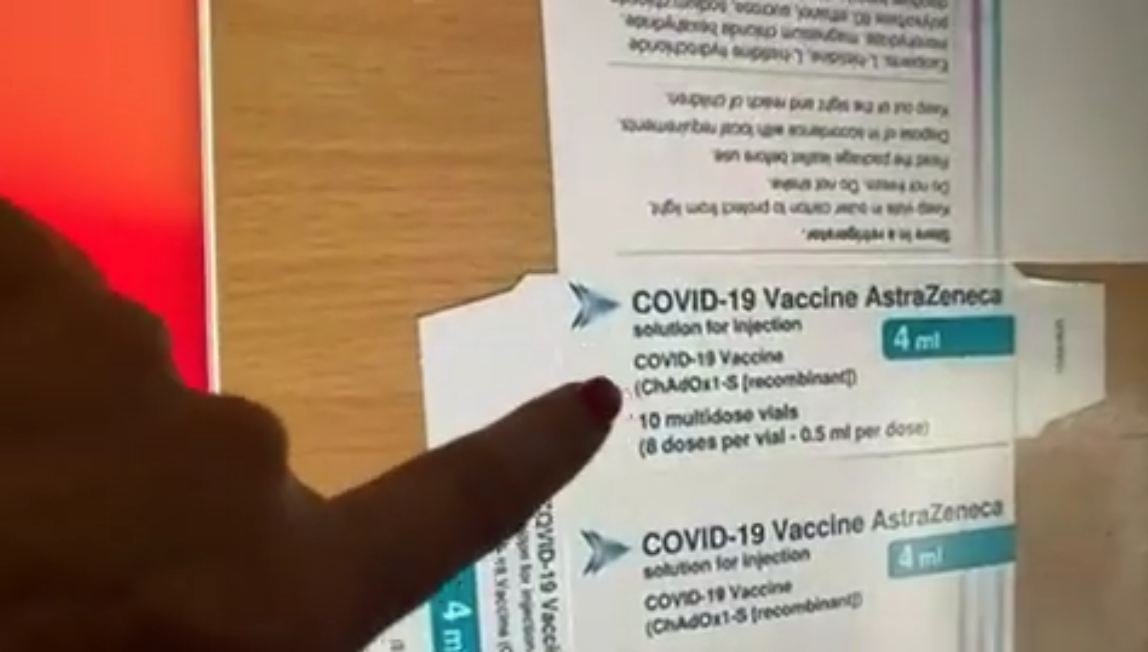Expert points out “shaky science” behind AstraZeneca’s coronavirus vaccine trial results
12/01/2020 / By Ramon Tomey

An expert has warned that results from AstraZeneca’s coronavirus vaccine trials are based on “shaky science.” Scientist-turned-writer Hilda Bastian pointed out that data on the British drugmaker’s COVID-19 vaccine, developed with the University of Oxford, has been “patched together” and excludes groups with the highest COVID-19 risk. Bastian wrote in a piece for Wired that AstraZeneca’s data came from two separate studies – one in May and another that commenced at the end of June – that were substantially different from each other. She remarked: “The fact that they may have had to combine data from [these] two trials in order to get a strong result raises the first red flag.”
Bastian mentioned that a dosing error contributed to a higher success rate: Experts accidentally gave some volunteers one and a half doses of the vaccine instead of two full doses. She added the trials were never designed to test this method of dosing, and scientists only caught the “mistake” when some participants did not exhibit the usual high rate of adverse effects. Bastian noted in her Wired article that “of the only two regimens … the mistaken first half-dose, followed by a full dose at least a month later came in at 90 percent [efficacy], and the … two standard doses at least a month apart [regimen] achieved only 62 percent efficacy.”
The expert also mentioned that the trials by AstraZeneca and Oxford appear to include only a small amount of people aged 55 and above – despite this particular age group being vulnerable to COVID-19. The June vaccine trial held in Brazil did not originally permit people over 55; on the other hand, a separate trial by Pfizer and BioNTech had 41 percent of volunteers over 55 who participated.
A number of experts have also voiced out concerns against AstraZeneca’s presented data
Former Pfizer Global Research and Development President John LaMattina raised the prospect that AstraZeneca’s vaccine may not receive approval from U.S. authorities. He tweeted Nov. 24 that it was “hard to believe” the Food and Drug Administration will issue an emergency use authorization for a vaccine “whose optimal dose has only been given to 2,300 people,” adding that “more data” was needed.
SVB Leerink investment analyst Geoffrey Porges told the Financial Times that the British pharmaceutical firm’s coronavirus vaccine candidate was likely to be rejected because it had “tried to embellish [the trial’s] results” by highlighting its effectiveness in a “relatively small subset of” participants in the study. (Related: AstraZeneca says “dosing error” resulted in boosted vaccine trial outcome, justifying claims of “90 percent effective”.)
University of Reading virologist Ian Jones told The Daily Mail that the dosing issue was “confusing.” The professor elaborated that the 90 percent protection observed in the subset receiving one-and-a-half doses “was really good,” but added: “I think that would equate to only about 15 people in the 3,000 that received it, which may be too low to convince regulators [that the vaccine works.]”
The negatives of AstraZeneca’s coronavirus jab outweigh its supposed positives
Bastian’s article came after AstraZeneca announced Nov. 23 the results of its clinical trials for its vaccine. The announcement followed earlier updates by Pfizer and Moderna, whose mRNA-based vaccines registered more than 90 percent efficacy rates. The British firm’s jab does not require ultra-cold storage unlike the other two candidates, and is also the most affordable COVID-19 vaccine to date at £2 (US$2.66) per dose compared to Pfizer’s £15 (US$19.96) single dose price and Moderna’s £26 (US$34.60) price.
AstraZeneca’s vaccine uses a harmless adenovirus – similar to the one that causes the common cold – to deliver genetic material that prompts the body to produce proteins known as antigens. These antigens which help the immune system develop an arsenal against infection are found on the surface of the SARS-CoV-2 pathogen.
However, trials for the firm’s vaccine have hit multiple roadblocks over the past few months. Two participants experienced spinal inflammation back in September, while a third participant died during clinical trials in Brazil. Further investigation revealed that toxic ingredients in the jab such as aborted human fetal tissue played a role in the adverse effects reported following administration of the vaccine candidate.
Learn more about the dangers of vaccines to address the coronavirus pandemic at Vaccines.news.
Sources include:
Tagged Under: adenovirus, AstraZeneca, Big Pharma, BioNTech, Clinical trials, coronavirus vaccine, COVID-19 jab, covid-19 pandemic, Hilda Bastian, Moderna, mRNA vaccine, Pfizer, SARS-CoV-2, University of Oxford, vaccine ingredients, vaccine safety, vaccine trial data, vaccines, Wuhan coronavirus
RECENT NEWS & ARTICLES
COPYRIGHT © 2017 VACCINE INJURY NEWS COM

